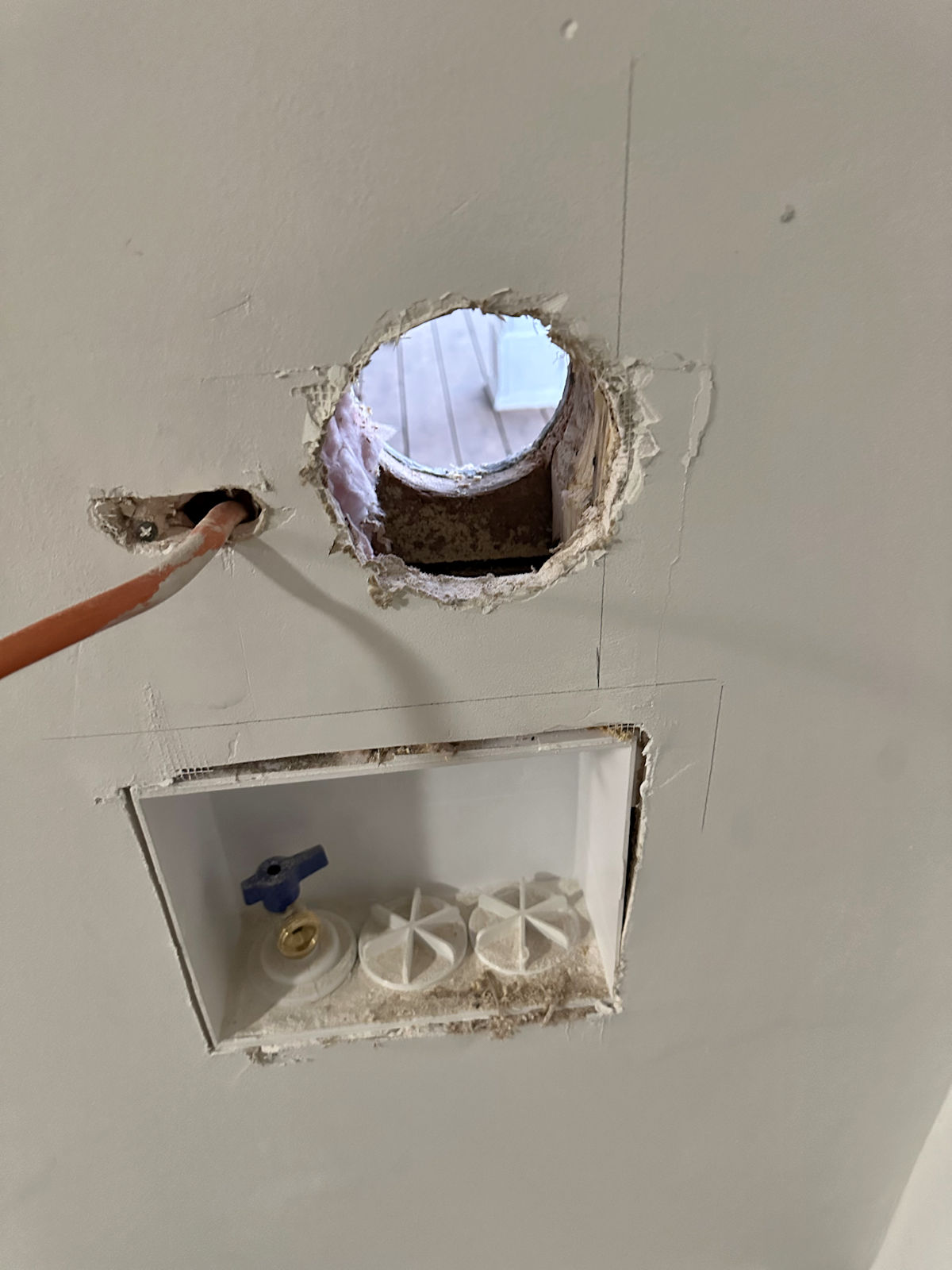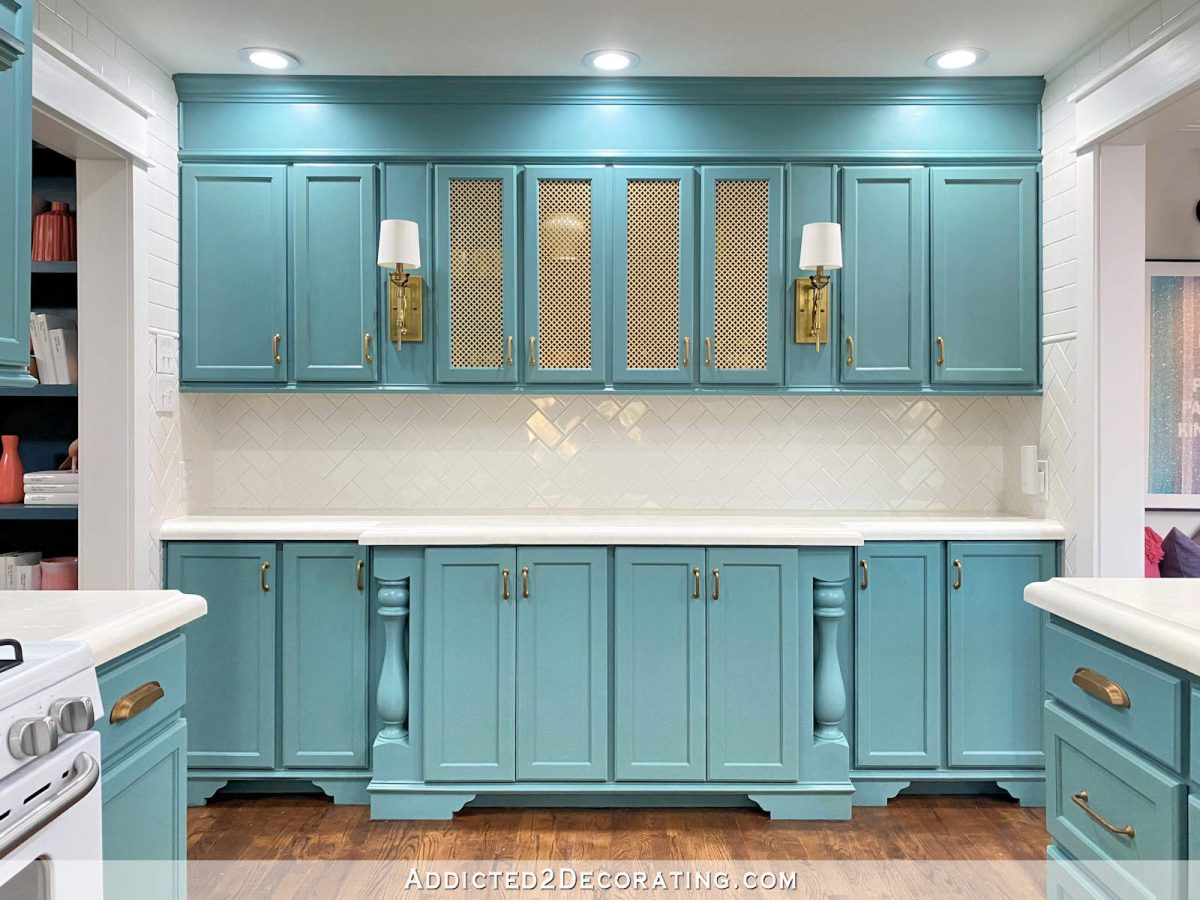[ad_1]

Winter storms have you worried about power outages? I’m talking with Rick True, president of Batchelor’s Service in Mobile, Ala., an expert in whole-house generator installation.

When did you get introduced to installing whole-house generators?
Rick: Back in the ‘80s, a buddy of mine who had a heating and air conditioning company in Birmingham, Ala., suggested to me selling generators. He said with the hurricanes we have in Mobile, Ala., it will be a great deal.
He started selling generators because of the ice storms they have up there. Their power problems up there happen during the winter, and for us down here it’s during hurricane season.
He sent a Generac salesman to me. At the time, Generac was the only company making home standby generators, and that’s how we got started.

Infrastructure in the U.S. is aging. So, there’s a lot of opportunity for growth in the whole-house generator industry, right?
Rick: Yeah, there really is. Here’s something I learned from a manufacturer this past year when there was a real shortage of them — there’s a big demand for generators in California because of power phaseouts.
Out there, utility companies are shutting people’s power off for a couple of hours a day, so people are buying them so they can have continuous power.
Read: Protect Your Home and Family During a Power Outage with a Generac Home Standby Generator

How do you determine what size generator a home needs?
Rick: Now, all the manufacturers have an app or a calculator on their website where a homeowner can enter the square footage of their home, how many air conditioners they have, what type of dryer they have, all those kinds of questions.
The big thing is the number of 240-volt appliances you have in your home. That’s the real driver of the size requirement for a generator. Now with so many houses having LED lights, you can light a big house with not much kw of a generator. But when you start trying to run air conditioners, electric ovens and dryers, that’s when you start running up into bigger sizes.
The key things a homeowner should consider are electrical appliances that power on by themselves, like air conditioners and water heaters. If you don’t have those covered, it could trip the breaker on the generator, and then you’re out of power.

A lot of people think you can only get a standby generator in a new-construction home. Do you do a lot of retrofits?
Rick: Probably 95 percent of our whole-house generator installation is on existing homes.
Before installing a whole-house generator in a home, our technicians must first assess a home’s electrical situation.
A lot of times, the electrical service needs to be upgraded before we can install the transfer switch. The transfer switch needs to go between the meter and the main panel for the house so it will transfer properly.
What do you suggest to homeowners for generator maintenance?
Rick: Most of our customers have a maintenance plan we provide for them. We change the oil, check the batteries and stuff like that. Just like you get your car tuned up a couple of times a year, that’s what we kinda do with a generator.
A liquid-cooled standby generator, the big ones that are 25 kw and above, are basically car engines. The air-cooled, the smaller ones, are like a riding lawn mower engine. They all need maintenance.
Some of our customers like to change the oil in their generators, but most people don’t feel comfortable doing that.
What’s some advice you would give to a homeowner whose looking to buy a standby generator?
Rick: The brand you pick matters, but it’s no better than who’s going to be installing it for you.
Research who will install it for you and make sure they have a licensed electrician to do their electrical work, and a licensed plumber to do the gas work. Find out the company has technicians that are certified by whatever manufacturer you choose.
Further Reading
[ad_2]
Source link











